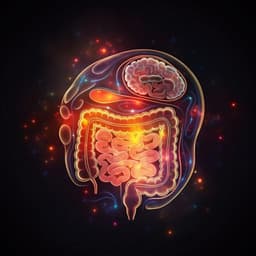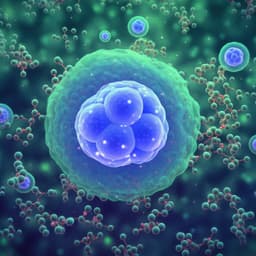
Medicine and Health
Caffeine intake and anxiety: a meta-analysis
C. Liu, L. Wang, et al.
This meta-analysis by Chen Liu and colleagues explores how caffeine intake correlates with anxiety risk, revealing that higher doses of caffeine, particularly over 400 mg, significantly elevate anxiety levels in healthy individuals. Dive into the findings and discover the intriguing link between what we drink and how we feel.
~3 min • Beginner • English
Related Publications
Explore these studies to deepen your understanding of the subject.







